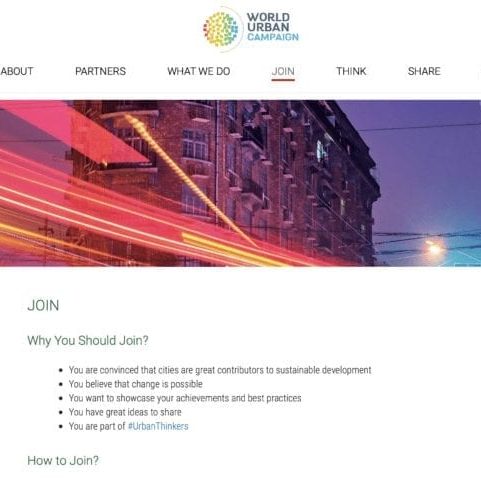Client: American Water Works Association (AWWA)
Listing of the client in no way affirms the client's support, sponsorship, or validation in any form of Risk Sciences International or the RSI staff member(s) who conducted this project during their stay with RSI or prior to joining the company. This case study is displayed for informative purposes only to demonstrate the capacity of RSI staff members. This case study reveals no proprietary information or information deemed sensitive.
Drinking Water Guidelines for Manganese
Establishing science-based drinking water guidelines for manganese requires integrating diverse regulatory approaches, emerging modeling tools, and evolving toxicological evidence. The client commissioned this project to systematically assess existing manganese drinking water guidelines and the scientific foundations upon which they are based.
The project included a structured scoping review of current manganese guidelines from authoritative bodies and agencies across the United States, Canada, and internationally. This initial phase provided a foundation for comparing the derivation methods and scientific rationales used across jurisdictions. A comparative analysis was then conducted using a transparent, evidence-based framework to evaluate these methodologies, identify variations, and recommend the most scientifically robust guideline in light of current data.
To support potential updates to guideline development, the project also reviewed novel methodological approaches. These included physiologically-based pharmacokinetic (PBPK) modeling to estimate manganese concentrations in brain tissue, and categorical regression methods that integrate data from multiple studies while accounting for severity of health outcomes. The client was particularly interested in how these advanced methods could refine risk estimates and guideline derivation processes.
The work culminated in a comprehensive report and a presentation summarizing key findings, scientific interpretations, and implications for future guideline revisions. Continuous engagement with the client was maintained to align deliverables with evolving needs and to ensure relevance to the broader drinking water safety community.
Experts related to this case study
More RSI Case Studies
RSI presents a very small selection of case studies to highlight some of its key work.



















